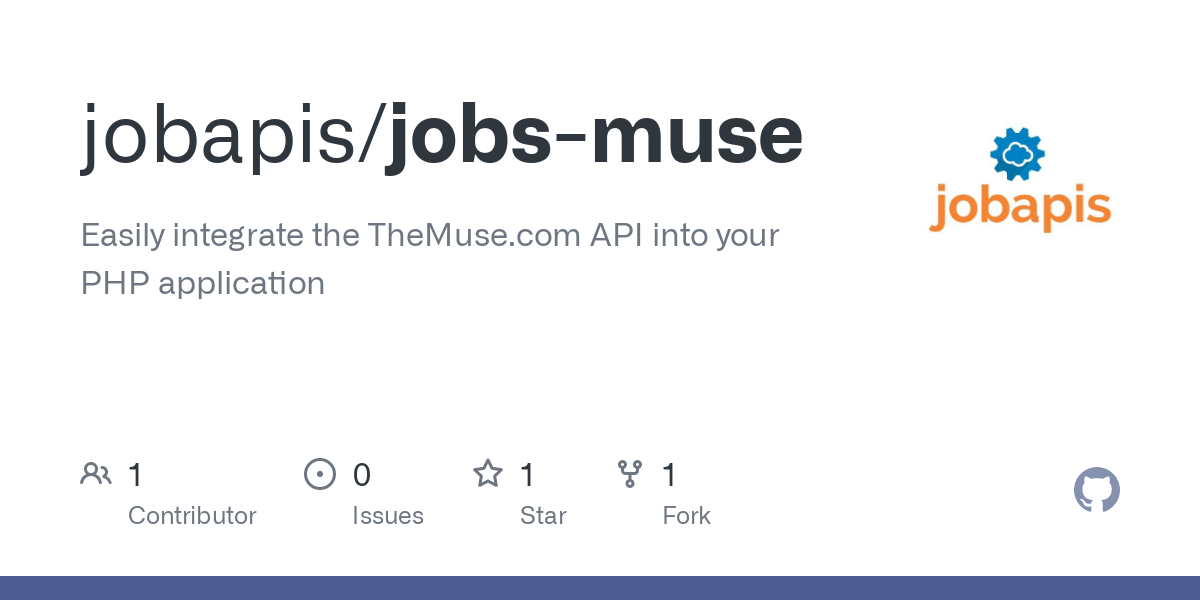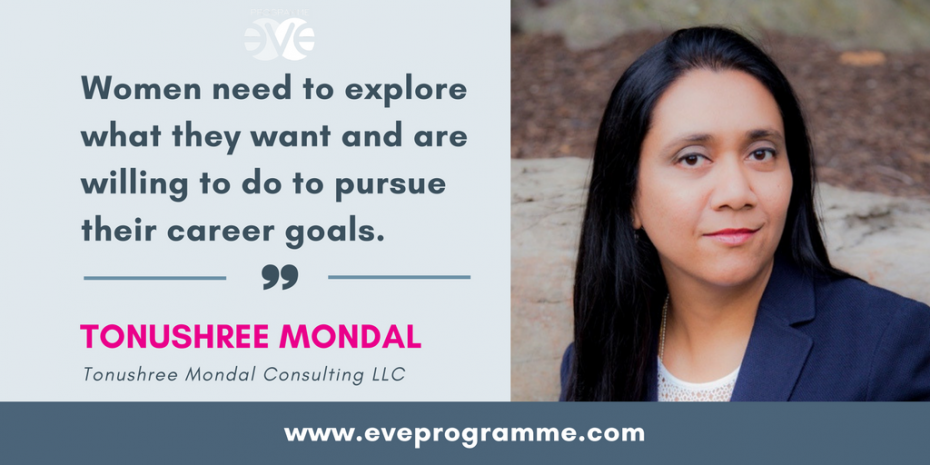
When it comes to making career decisions, our gut instincts can be a great guide. However, they should not be ignored. These are useful for aspects of a decision that we have made before, such as evaluating someone's trustworthiness. But they are not helpful for new aspects.
When making career decisions, gut intuition is a great tool
If you're in the process of deciding what career path to take, your gut instinct can be an invaluable tool for making a decision. But, your gut intuition might not always be correct and may not include all pertinent data. If you do not take the time and research additional information to help you make better decisions, you could end up making a bad decision about accepting a job.
Your experience is what you use to develop gut intuition. It draws on both objective and subjective information. Intuition can be developed and learned, but not as an emotional decision. It takes time and effort to consider a situation and look at exemplars and prototypes. You can then link what you learned to your future decisions.
Family influences on career decision-making
It is well-documented that family plays a significant role in career decision-making. It may include factors such parental values, gender perspectives, family dynamics, and other important aspects. Future research might also examine the roles of grandparents and extended family members. It may be worthwhile to investigate the impact of grandparents upon children's career choices.

The influence of family in career decision-making has been found to be positive for the overall career process. It is also known to increase job satisfaction, and overall life satisfaction. It is important to remember that there haven't been any studies showing a significant relationship between happiness and parental education. Furthermore, it is unclear if parental income or education have a direct impact on CDSE and selfefficacy.
Exploration of career options
Career exploration allows you to look at different options and make a comparison with your criteria. This helps you assess your current situation and to determine whether you are satisfied in your job. It can also help to find a better career. This may involve learning new skills.
The process of exploring your career options should be ongoing and something you do throughout your professional career. Although frustrating at times, it's designed to help you make better decisions that will eventually lead you into a career you love. It involves assessing your interests, values, technical skills, personality, and work-life balance to determine which career is the right fit for you.
Career outcomes expectancy
Career outcomes expected (COE) measures self-efficacy as it relates to career decision making. This measure assists students in making informed choices when considering a career in STEM. Researchers have proposed different ways to assess CDSE and its influence on career decisions.
One of the most commonly used ways to measure selfefficacy in career decisionmaking is through demographic variables. The study explores the views of minority groups and allows for a detailed exploration of their perspectives. Scholars read each text several times in order to analyse the data. Based on their readings, they created preliminary codes. These codes were then recorded in a comprehensive codebook. A continuous comparative process was used to refine them.

Interpersonal factors
Career choices are often made in a context that involves social interaction. This study examined the influence of social relationships and family on career choices. Although all students were able to agree on the findings, there were significant differences in the impact of family and friends on career choice. When students were surrounded by their families or in a supportive environment, they made better decisions about their future.
Career decision-making processes are highly complex and involve a variety of domains. Gelatt's progressive model for decision-making is a good foundation to understand the process. Gelatt's progressive model of decision-making shows that the decision-making process is an ongoing activity that can change dynamically as new information is added. One example is a young learner exposed to technology during school may choose to go into technology. Adolescents also dynamically combine information and texts from others to make their decisions.